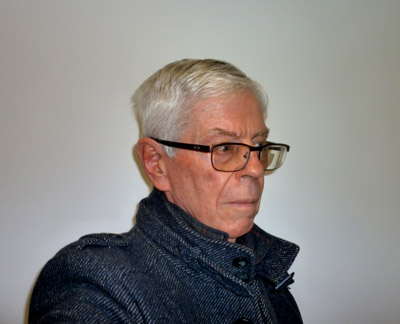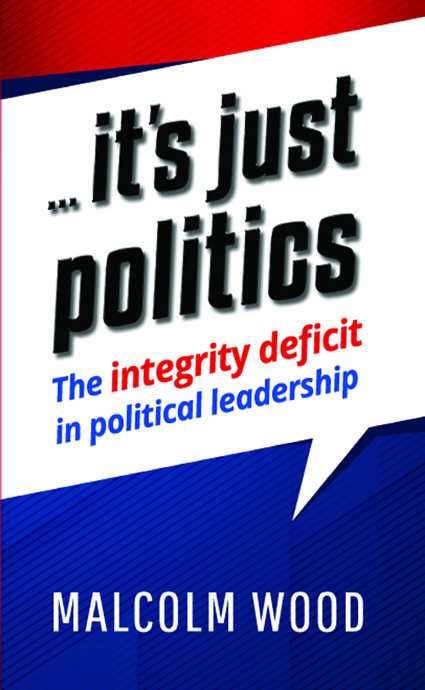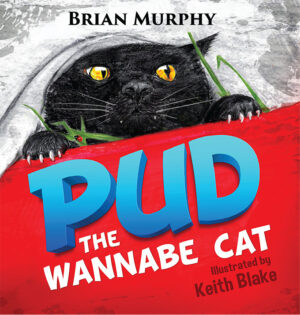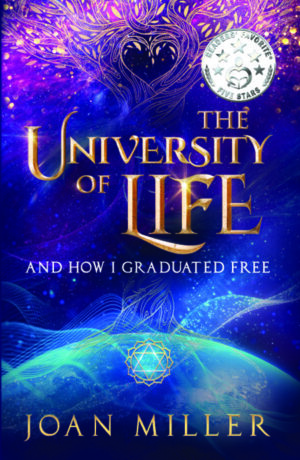Description

Malcolm Wood
Having gained an honours degree in history from the University of Melbourne, Malcolm Wood joined the Australian Public Service in 1971, as an Administrative Trainee at the Public Service Board in Canberra. For the next thirty years he worked at the Board, in parliament, in departments of state and in the National Archives of Australia. He gained a master’s degree in administrative studies from the Australian National University in 1979. A senior executive for eighteen years, his last position, for nine years, was Assistant Director-General at the Archives.
In retirement, Malcolm pursued his love of history. He completed doctoral studies in history at the Australian National University in 2005.
An independent scholar now resident in Melbourne, Malcolm has previously published two scholarly histories and two historical novels, about aspects of colonial Australian life.
Presbyterians in Colonial Victoria (Australian Scholarly Publishing, 2008) is a religious history with a focus on society and culture.
Australia’s Secular Foundations (Australian Scholarly Publishing, 2016) is a thematic analysis of secularisation in colonial Australia.
Moved by the tragedy of a shipwreck along Victoria’s coast, Malcolm self-published Eva, Tom and the Loch Ard in 2018. He describes this as a history-novel hybrid.
Cast out (Forty South Publishing, 2021), another history-novel hybrid, concerns the convict experience in England and Van Diemen’s Land. The colonial context includes bush-ranging and frontier conflict.
… it’s just politics is part political science and history, informed by Malcolm’s bureaucratic experience in Canberra and reflecting his citizen’s concern with a lack of integrity in political leadership over the years.
Malcolm acknowledges his reliance on academic books and journal articles to underpin, define and give context to the concepts of integrity, leadership and democratic politics. Publications of the Centre for Public Integrity, of the Australian Parliament and of central departments of the Public Service have proven invaluable. Otherwise, his sources have been political journalists – of the Age, Canberra Times and ABC News online especially. A free press, probing acts and omissions of political leaders with courage, is essential to integrity of government.
Malcolm has striven to reference all his sources fully and acknowledges them here with gratitude. The special contribution of this study is to build a structure comprehending all aspects of his subject and to synthesise information from disparate sources. In making his own judgments, Malcolm has been balanced and fair, without shying away from hard criticism.




